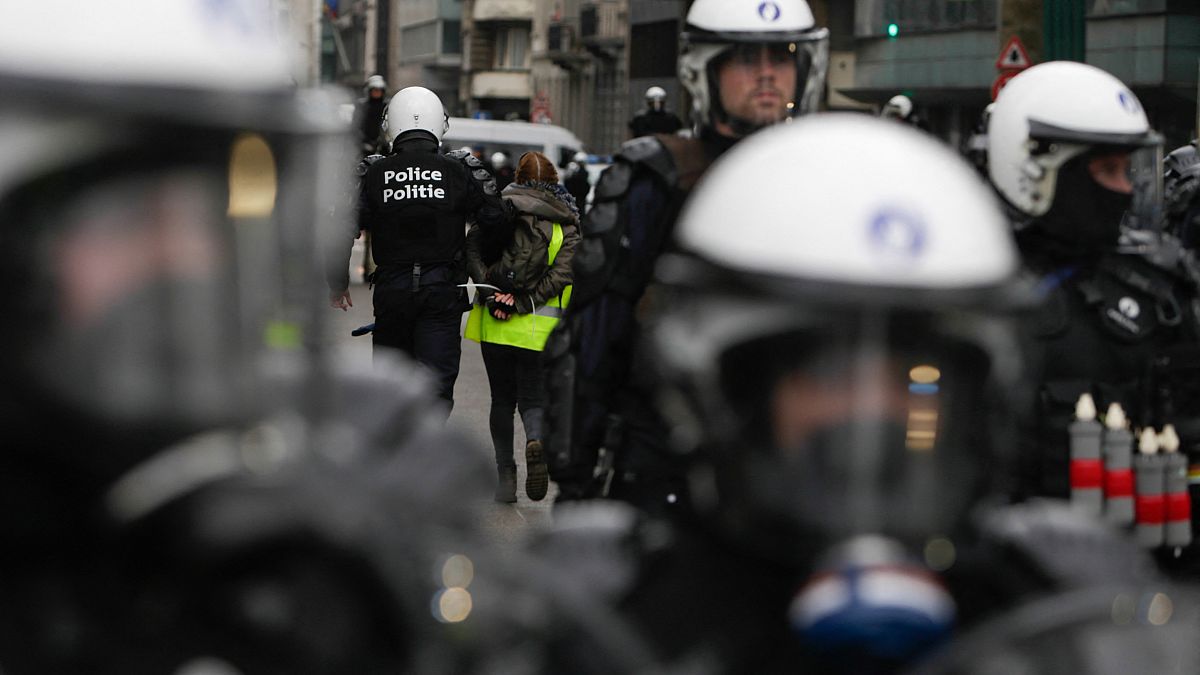The report, from the European Union Agency for Fundamental Rights (FRA), was published a year after the murder of George Floyd.
Asian, Roma and black people are more likely to be stopped and searched by police, often facing disrespectful treatment and ethnic profiling, a newly released study has claimed.
The report, from the European Union Agency for Fundamental Rights (FRA), was published a year after the murder of George Floyd. His death saw race protests spread to Europe, sparking reflections on policing and the legacy of colonialism.
The agency gathered data from EU surveys on how often people are stopped by the police, in what kind of situations they are stopped, the action taken by the police during stops, and views on whether or not officers acted respectfully.
"In this short report, we, for the first time, are able to compare the experiences of the general population and the experiences of immigrants and ethnic minorities when it comes to police stops in Europe," Sami Nevala, from the FRA, told Euronews.
"And what we found are remarkable differences in these experiences, both in terms of how many people are stopped, as well as what is the experience of people when they are stopped. And we believe that these experiences can have implications in terms of people's trust in the police."
The report states that there are many situations where it is legitimate to stop people when investigating a crime or controlling traffic.
But discriminatory profiling – where, race or ethnicity is the police’s sole basis for stopping someone – is unlawful.
With this report, the Vienna-based human rights body hopes to bring politicians' attention to these issues and encourage initiatives where police can get more training on how to carry out stops.
But this would require money and political will, and according to Belgian activist Youssef Kobo, politicians in his country just ignore the issue.
"I look up to the police forces that serve communities and I don't think that the friction should be there. But it has been there for decades," Kobo told Euronews.
"I know the stories of my father and my uncles and what they've been through and it's very weird to see that's still going on, the exact same stories, getting randomly selected, having to show your ID for absolutely no reason and people being pulled over again and again and again by the same police officers.
"And you see that the tension, that friction is pretty common in certain communities, certain areas and I think a bigger problem is that there are not a lot of players that want to work on that. Politicians look the other way."
